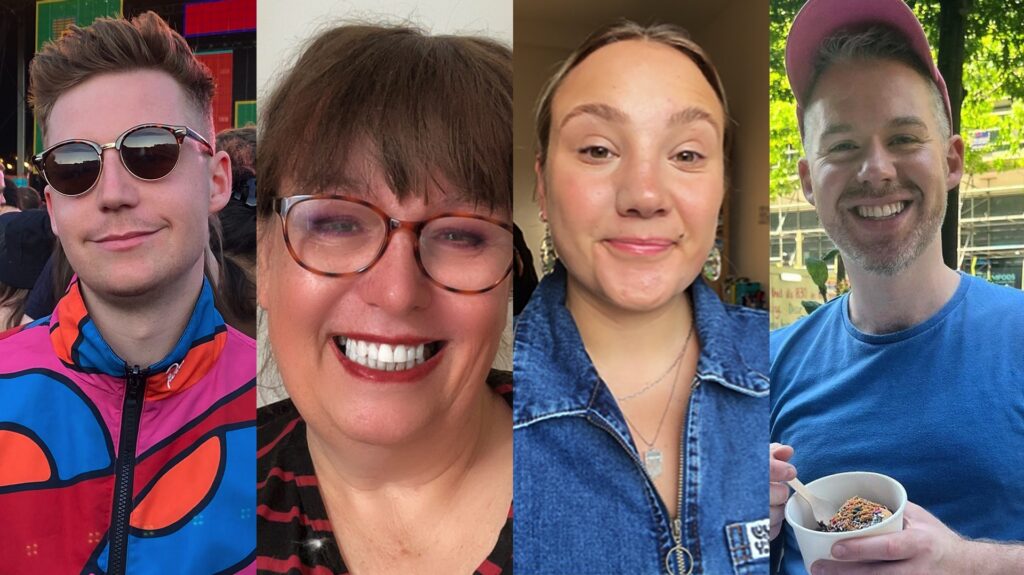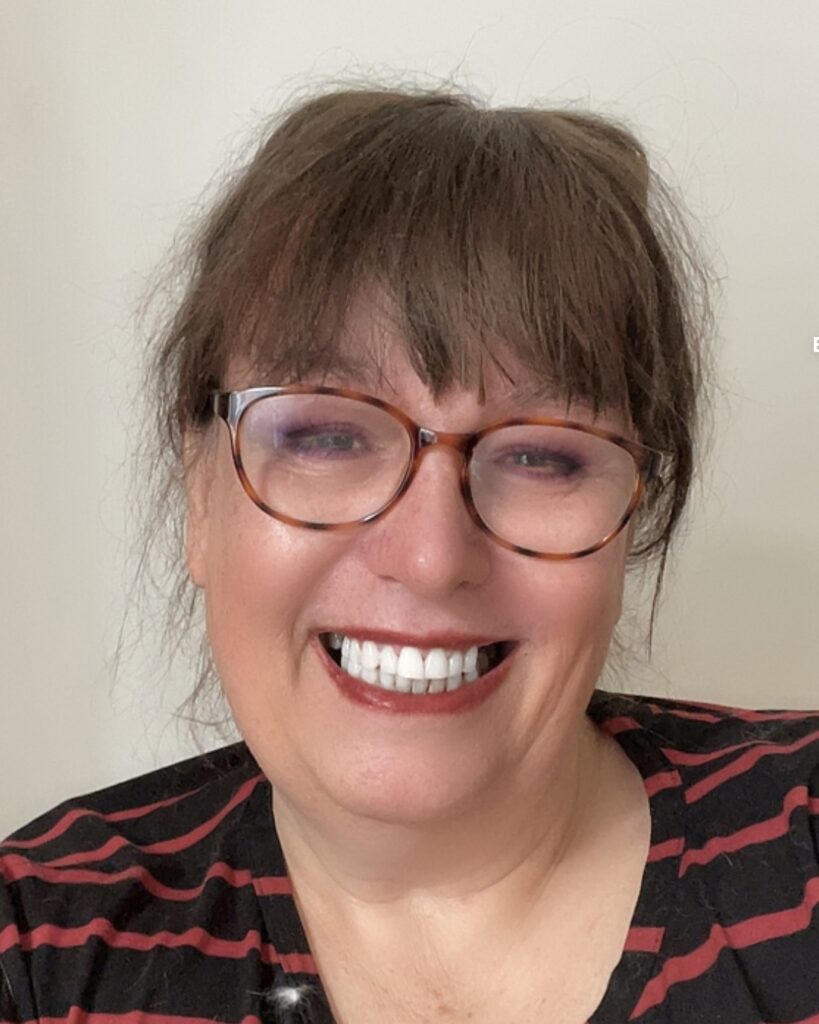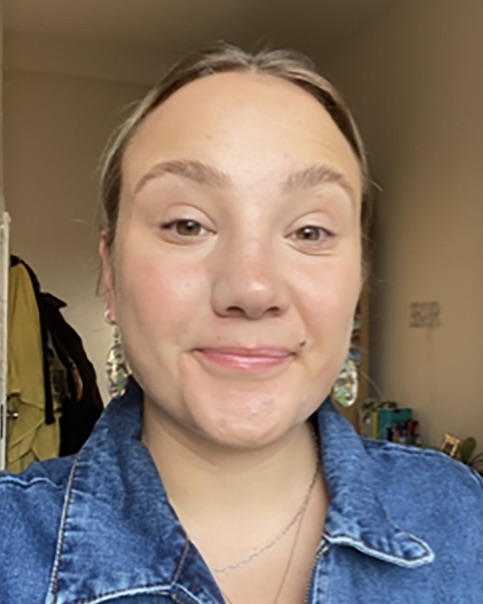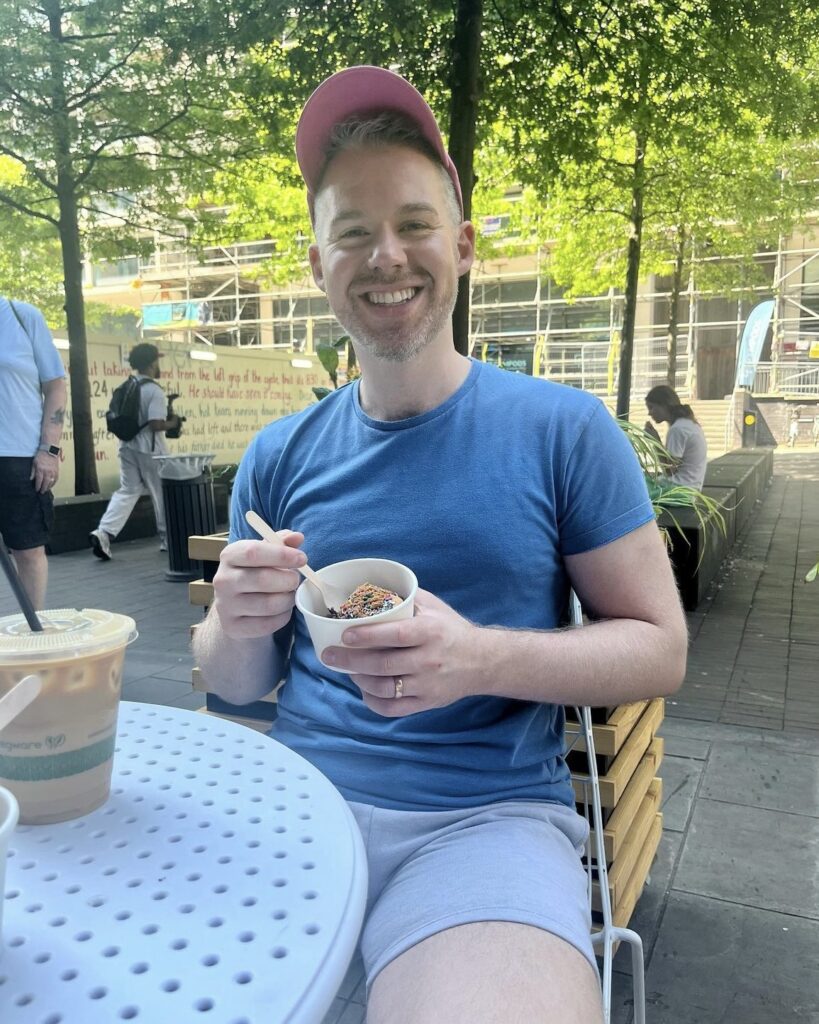‘I code-switch when I feel unsafe’: 4 LGBTQs on whether they feel safe travelling abroad
Four community members tell us how they tackle travelling to places with hostile attitudes

It’s the New Year and that means many of us will be starting to think about travelling or where our next holiday will be.
However, deciding where to vacation is not always an easy choice and comes with additional considerations for LGBTQ people. Work trips also can mean having to go to countries that don’t have the best records or the most friendly attitudes towards our rainbow community.
We asked four people from the LGBTQ community to share how they navigate travelling abroad.
Jack Watson (he/him) Works in PR

I’m very lucky that I haven’t been on the receiving end of a huge amount of danger abroad, but I do catch myself running a greater amount of internal risk assessments when I’m in other countries. I was fairly late to the party in coming out, and it was only in my early to mid-twenties that I was fully comfortable in being as expressive as I wanted to be — however, the clock is turned back when I go abroad. It’s basic things that make me feel uncomfortable. When packing for a trip to Hungary, a country that has had a bit of a thing for introducing discriminatory laws at pace over the past few years, my expressive and colourful items remained in the closet. This saddens me.
It’s ironic that the first time I said the words “I am gay” to someone was when I was in Indonesia, a country with a mixed record on LGBTQ+ rights and attitudes. Now, I might think twice about returning, as I’ve learnt that I have to look into a country’s attitudes and laws before planning a trip — rather than being able to stick a pin in a map and go anywhere like everyone else does.
Melissa Tilling (she/her) Chief executive officer at Charitable Travel

I’ve never felt threatened when travelling, beyond the normal feelings of anxiety about being alone on darkened streets. I feel a fraud simply because I must ‘pass’ as the woman I was born to be and seemingly make little ‘transgender imprint’ on those I meet, while around me there is a tangible global threat to my very existence and that of transgender and non-binary people.
I feel like a fraud because I visit and enable travel to places where my LGBTQ+ sisters and brothers are under attack for pseudo-religious reasons, or by political groups directing hate at minorities, simply through ignorance and misplaced vitriol. My quandary is this: I know I can use my platform to do more, but do I use it to combat injustice towards my community when I visit these places of hate — at the potential expense of my own safety and wellbeing and that of those who love me? If asked, I make no secret of being transgender, but does this define me above my humanity, and can my voice make a difference despite the danger it might bring me? What do I do? It’s an ongoing dilemma.
Imy Brighty-Potts (she/her) Lifestyle journalist and copywriter

Last year, I travelled to rural Latvia for a work trip. Luckily, I am straight-passing, but I feminise myself when I travel to be safe. Soviet Russia may be gone, but anti-LGBTQ+ sentiment still courses through Latvia — it leaves you with a rumbling worry. We were about 50 miles from the Latvia-Russia border, and it was only two months after the war in Ukraine broke out. As stories of husbands, families, and day-to-day life unfolded over some wine, I trod carefully. As a lesbian, I use ‘partner’ because it can be changed to boyfriend or husband so easily — it is second nature to say it now, to check you are safe. While same-sex activity is not criminal, marriage and adoption are out of the question for Latvian queers. There is next to no gay scene — even in Riga, the capital.
It is hard to have to quieten yourself when you can be loudly yourself at home, and knowing that just holding my girlfriend’s hand somewhere else in the world could put us in danger is devastating. There is so much that I want to see. I don’t want to do it being half of myself.
Matt Horwood (he/him) Director of communications for human rights group Liberty

My anxiety around being gay abroad is informed by the anxiety I feel being gay in the UK. Ever since I was young, I’ve tried to code-switch in situations and spaces that are unfamiliar, where I sometimes feel unsafe. This started at school and today could extend to taxis, the barber’s, or straight-centric nightlife spaces. I project this when travelling, as the change in everything from currency to language to laws can heighten that sense of the unfamiliar.
When planning trips with partners especially, I keep LGBTQ+ inclusiveness in mind when considering destinations and accommodation. For example, I make it clear I’m gay when booking Airbnbs to avoid the risk of any fall-out later on. As hate crimes continue to spike in the UK, our safety as queer people at home feels increasingly under threat. It’s no surprise that this can enhance our need for self-preservation when travelling. For example, being cautious about how we dress or holding hands in restaurants. In fact, a lot of LGBTQ+ folk from the UK probably feel safer when travelling abroad.
This feature first appeared in Attitude’s January/February issue – out now.
